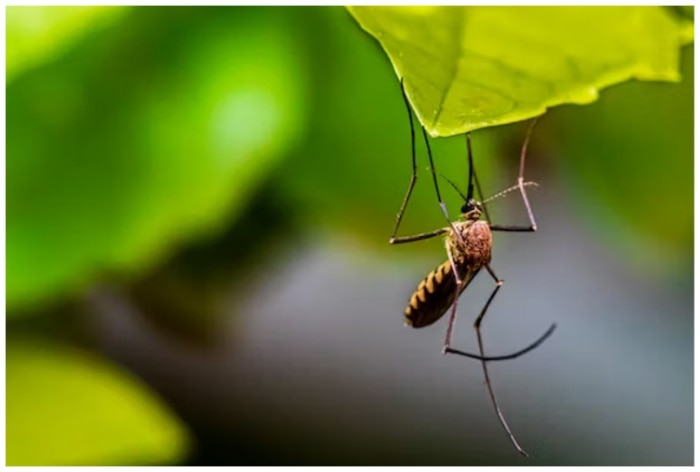Dengue cases are rising significantly across India. With spike in cases and more deaths being reported, it is important to raise awareness about the spread of the virus and how to stay protected against it.

Dengue is witnessing a spurt in the number of cases across India. Delhi, Karnataka, Uttarakhand, Kolkata have seen a significant rise in cases and reported deaths related to dengue as well. All health departments are working on their toes with long queues lined up at hospitals. Every year, there is a wave of dengue infection during monsoon season. However, this time there are more cases being reported. according to health officials, there is still a lack of awareness among people on how dengue virus transmission occurs.
So, what really happens inside our bodies when bitten by a mosquito carrying the DENV virus? Can a second infection be more dangerous? India.com got in touch with experts to understand the spread of the virus.
WHAT HAPPENS INSIDE OUR BODIES WHEN INFECTED WITH DENGUE VIRUS?
The virus enters the body through the bite of an infected mosquito, typically the Aedes aegypti mosquito. The virus then replicates within the body, primarily targeting immune cells called monocytes and macrophages. there are different phases how the virus spreads.
Dengue Phase 1: The initial phase of dengue infection is known as the febrile phase, which typically lasts for about 2-5 days. During this phase, the virus multiplies and spreads throughout the body. Common symptoms include high fever, severe headache, joint and muscle pain, rash, and eye pain. Some individuals may also experience nausea, vomiting, or mild bleeding.
Dengue Phase 2: Following the febrile phase, some individuals progress to a critical phase from 5 – 9 days, known as severe dengue or dengue hemorrhagic fever (DHF). In this phase, the immune response becomes dysregulated, leading to increased bleeding tendencies. Severe dengue can result in plasma leakage, organ failure, and in some cases, death.
Dr Venkatesh Billakanti ( B V RAO), Sr Consultant Physician, at Yashoda Hospital further explained that the exact mechanisms behind severe dengue are not fully understood but are believed to involve both viral and host factors. The immune response triggered by the virus contributes to the damage observed in severe cases. The release of inflammatory cytokines and other immune mediators can lead to plasma leakage from blood vessels into surrounding tissues. Additionally, the virus can directly infect cells lining blood vessels, causing damage to the endothelial cells and impairing their normal function. This disruption of the vascular system further contributes to plasma leakage and the development of hemorrhagic manifestations.
DENGUE FEVER: IS SECOND-TIME INFECTION DANGEROUS?
Usually, if a person is infected for the second time, it may turn out to be more severe. According to Dr.Billakanti there are 4 serotypes of dengue – DENV -1, DENV-2, DENV-3, DENV- which can cause infection in humans. An individual can get Dengue fever 4 times during is life time. This is because each serotype produces short short-lasting immune response and does not protect against the other serotype,” he added.
During a first dengue infection, the immune system produces antibodies specific to the infecting serotype of the virus. These antibodies help in clearing the virus and provide immunity against the same serotype in the future. When a person is infected with a different serotype of the dengue virus, the antibodies from the previous infection can bind to the new virus but may not be able to neutralize it effectively. Instead, they can facilitate the entry of the virus into immune cells.It can also lead to a more robust immune response, including the release of excessive cytokines and immune mediators, which can cause inflammation and contribute to the development of severe dengue.
While not all second-time infections may be sever, but it is important to take all necessary precautions and stay healthy and safe.
